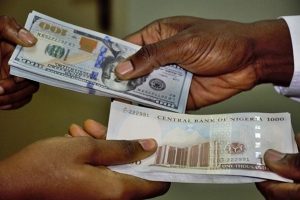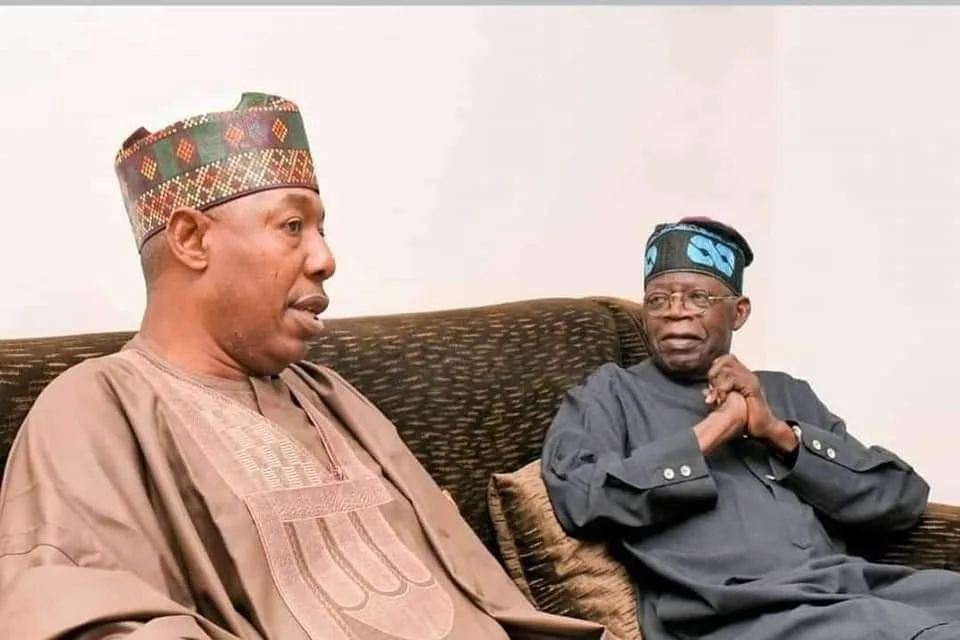Things are about to take a different turn just as Nigerians are entering the Christmas purchase period. Inflation rate is about to rise again, with the dollar now exchanging at ₦1,000 in the official market.

Before now, the Central Bank of Nigeria (CBN) had done much in its power to push the rates down. The strategies appear not to be yielding the result Nigerians want to see.
Nigerians are growing frustrated over the continued depreciation of the Naira against the dollar, with the Naira weakening to ₦1,099 against the dollar at the official window.
At the inception of the current administration, the Naira stood at ₦462 to the US dollar at the official rate and ₦758 at the black market.
Have You Read: Black Market Exchange Rate, Naira Depreciates By 0.43%
But today, the local currency is ₦637 higher in the official market and ₦442 higher than the black market exchange rate in May 2023.
In the black market, the Naira is exchanging at ₦1,200 to a dollar.
Unified Exchange Rate
One of the drastic actions embarked upon by Tinubu on the assumption of office was unifying the exchange rate as well as floating the local currency.
By that move yielded to pressure from international investors and rating agencies, who wanted Emefiele to allow market forces to determine the value of the Naira.
Before the floating of the local currency, CBN had adopted a managed-floating regime, where the bank intervened in the market when necessary.
The CBN argued that countries that free-floated their currencies had stronger export bases and were heavily industrialised. This, the apex bank said helped them earn foreign exchange.
However, since Tinubu floated the Naira and unified the exchange rate, the local currency has been under severe pressure with no end in sight.
The FX market continues to face unprecedented liquidity challenges due to demand pressure amid limited capital inflows.
You May Also Like: How Visa Flagged Naira Marley’s Credit Card For Fraud
The implication of the continued depreciation of the Naira is increased hardship for Nigerians amid rising inflation, now at 27.33% as of October.

